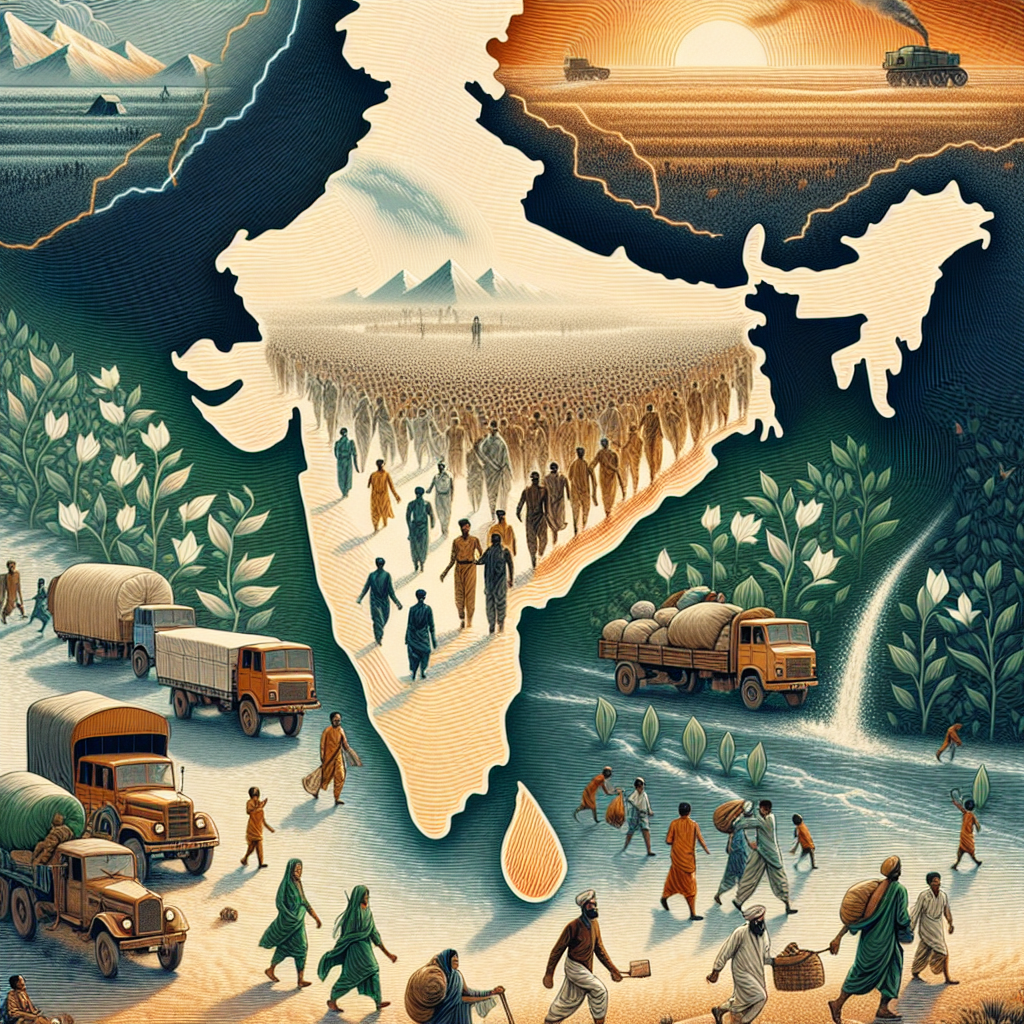The Great Divide: Partition's Impact on the Indian Army
The 1947 Partition not only split India into two nations but also saw the division of the British-led Indian Army. This separation posed significant administrative and emotional challenges, as troops had to choose between India and Pakistan. The rapid and tumultuous division marked the end of an era for the British military presence in India.

- Country:
- India
The historic Partition of 1947 transformed the Indian subcontinent, cleaving it into two separate dominions: India and Pakistan. This division marked the end of British colonial rule and brought about significant changes, including the bifurcation of the British-led Indian Army.
Field Marshal Sir Claude Auchinleck, the last Commander-in-Chief of undivided India's Army, oversaw the division of forces. At the stroke of midnight on August 14-15, 1947, India's soul, once suppressed, found utterance in its newfound independence, as famously articulated by Prime Minister Jawaharlal Nehru in his 'Tryst With Destiny' speech.
As the army, air force, and navy were divided, the transition was fraught with administrative hurdles and emotional turmoil for the troops. Many soldiers faced a painful choice: align with India or the newly-formed Pakistan. Despite the challenges, the legacy of these military figures endures, as does the memory of a momentous yet traumatic chapter in history.
ALSO READ
Ukraine's Anti-Graft Agencies Battle for Independence Amid Political Turmoil
Ukraine's Parliament approves a law ensuring the independence of anti-graft watchdogs, reversing a contentious change, reports AP.
Ukraine Restores Independence of Anti-Corruption Agencies
Ukraine Parliament Reinstates Anti-Corruption Watchdogs' Independence
Uttarakhand's Grand Independence Day and Silver Jubilee Celebrations










